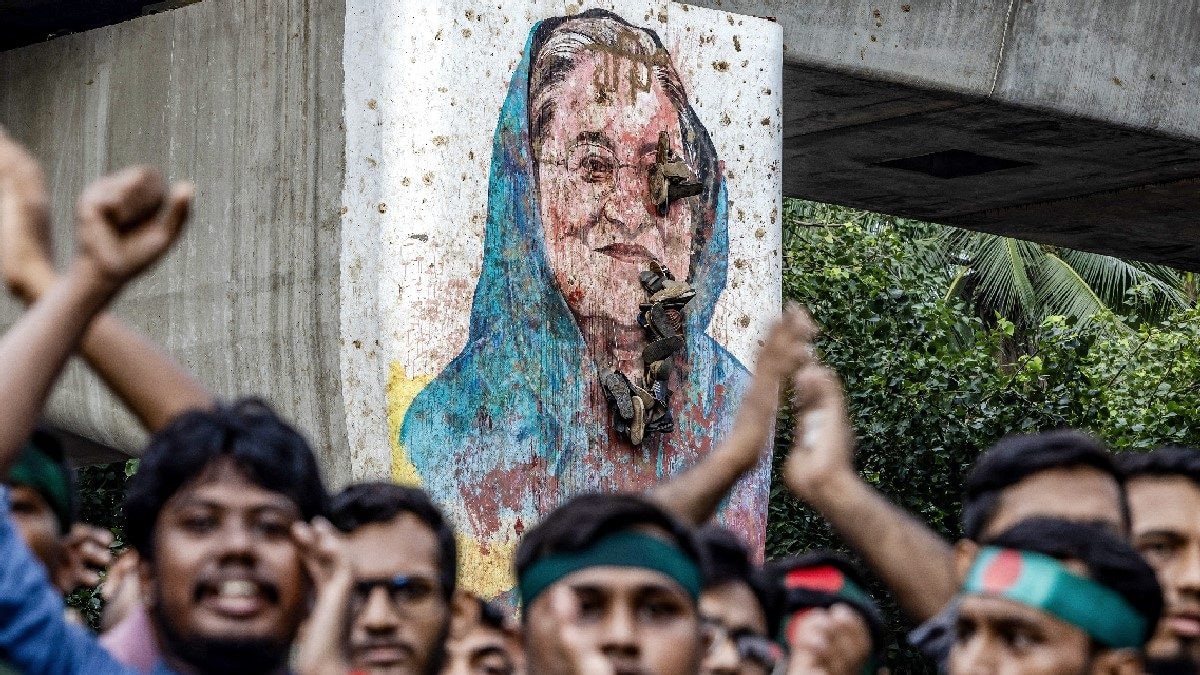 |
|
The recent political turmoil in Bangladesh has left a trail of controversy and human rights concerns, with reports emerging of systematic discrimination and violence against minority communities. The interim government, led by Nobel Peace Prize laureate Muhammad Yunus, is facing mounting backlash for its handling of the situation, particularly the forced resignation of dozens of teachers from minority backgrounds. This action has sparked widespread condemnation and raised concerns about the growing intolerance and suppression of minority rights within the country.
According to reports from the Daily Star newspaper, at least 49 teachers belonging to minority communities were forced to resign from their positions in educational institutions across Bangladesh. The resignations came in the wake of a student-led uprising on August 5, which escalated into widespread unrest and ultimately led to the resignation of Prime Minister Sheikh Hasina. The Awami League, Hasina's political party, has accused the interim government of orchestrating a “wholesale purge” of minority teachers, claiming that the events have served to institutionalize intolerance among students and reinforce harmful narratives.
Award-winning author and outspoken critic of violence against minorities, Taslima Nasreen, has voiced her condemnation of the situation in Bangladesh. In a post on X, she highlighted the escalating violence targeting minority groups, including attacks, looting, vandalism of religious sites, and targeted killings. Nasreen expressed her concern over the lack of action and silence surrounding these atrocities, specifically criticizing Nobel laureate Muhammad Yunus for not speaking out against the violence. She has also reported being subjected to harassment and facing delays in renewing her residence permit, which she attributes to her outspoken criticisms of the current government.
The international community has also expressed alarm over the deteriorating human rights situation in Bangladesh. In response to the escalating violence and concerns about human rights violations, the United Nations Human Rights Office announced the dispatch of a fact-finding mission to Bangladesh. This mission will investigate the recent violence and assess the extent of human rights violations during the anti-government protests and subsequent crackdown by security forces.
The forced resignations of teachers from minority communities in Bangladesh are a stark reminder of the vulnerability of minorities and the pressing need for effective measures to address discrimination and ensure equal opportunities for all citizens. The situation calls for a comprehensive investigation into the human rights violations and a commitment from the interim government to uphold the principles of inclusivity and equality.
